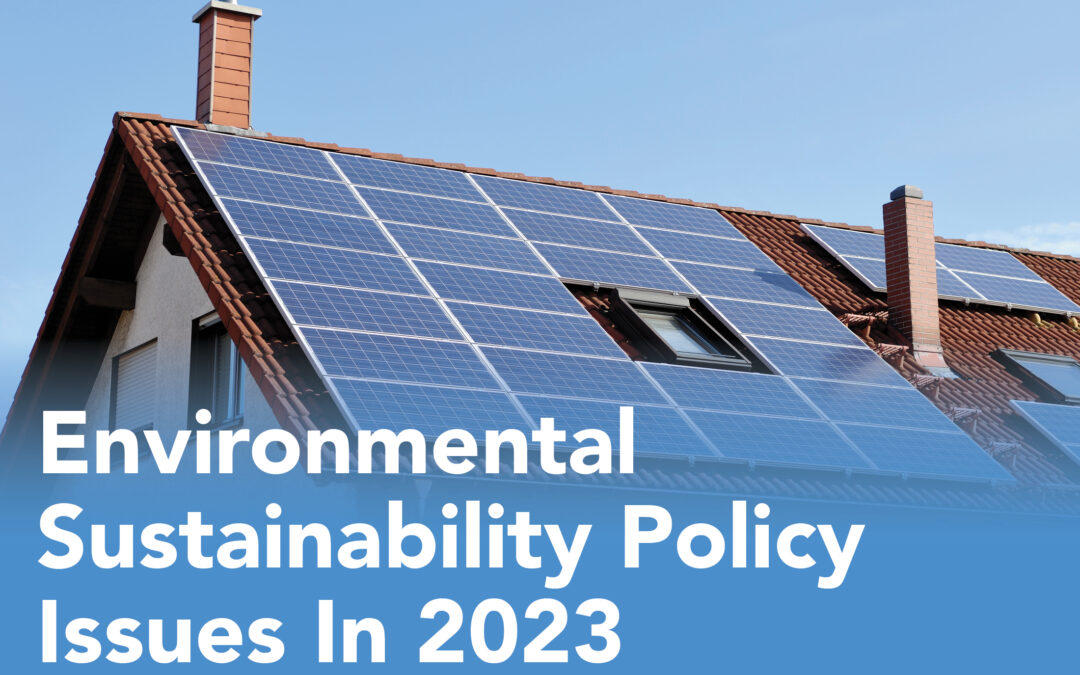Conservation, environmental sustainability, and “green” issues are important policy issues facing the community association housing model.
CAI follows these clear and fundamental principles concerning environmental sustainability policy:
- Collaborate with our neighbors to develop sustainable, consensus-driven decisions.
- Sustainable environmental practices can respect property rights and honor private agreements between associations and homeowners.
- Vigilant consideration of actions can minimize our environmental footprint.
CAI supports efforts by state legislatures to empower community associations to build consensus-based solutions regarding environmental initiatives and opposes government and interest group efforts to override community policy or deed restrictions on single-interest issues.
In 2023, we are tracking two sub-categories of environmental sustainability legislation:
Solar Rights, Easements, and Community Associations
Arizona, California, Connecticut, Georgia, Kansas Massachussets, Maryland, Minnesota, Missouri, Oklahoma, South Carolina, and Texas have legislation regarding solar panels on homes. Proponents of solar want to remove all barriers to solar access for homeowners within a community association. Many communities allow solar panels on homes maintained by the owner. However, it becomes complicated when the exterior of the home is under the ownership, maintenance, and responsibility of the community. Access to solar for one means potential additional expense for neighbors. CAI supports laws that allow the community an opportunity for reasonable rules while restricting solar to property owned and maintained by the homeowner.
See what is happening in your state by visiting this webpage.
Electric Vehicle Charging Stations
The legislation ranges from grant programs for multi-family housing charging stations, requirements for new development to include the infrastructure for electric vehicle charging stations, and tax incentives for charging stations. The bills that impact community associations the most involve prohibiting community associations to disallow installation of electric vehicle charging stations on property owned or under the exclusive use of an owner. There are also several bills mandating community associations allow owners to install electric vehicle charging station on common property. Arizona, California, Connecticut, District of Columbus, Illinois, Massachussets, Maryland, North Dakota, Nebraska, New Hampshire, New Jersey, New York, Oregon, Utah, and Virginia have active legislation.
Find legislation in your state, the bill text, status of bills, and more here.
A couple pieces of legislation (Arizona) prohibit an association from restricting the collection of rainwater, and legislation that mandates associations permit xeriscaping (Utah) in their landscaping rules. For more information, you’ll find those bills in this link.
More states are seeing legislation seeking to eliminate barriers to addressing environmental concerns. If your community hasn’t had a conversation about these issues and doesn’t have policies, consider engaging in the conversation with your homeowners about these important topics.



